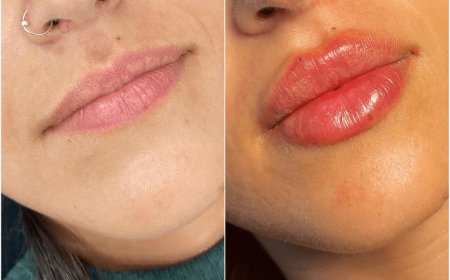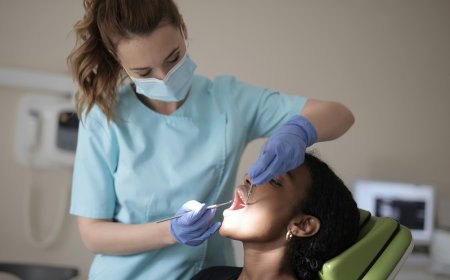Vitamin D3: The Sunshine Vitamin and Why You Need It
Vitamin D3, often called the sunshine vitamin, plays a vital role in keeping us healthy and strong. Unlike many other vitamins, your body can produce Vitamin D3 when your skin is exposed to sunlight. Despite this, Vitamin D deficiency is surprisingly common worldwide, affecting people of all ages. So, what makes Vitamin D3 so important, and how can you ensure youre getting enough?
Uvclas D3is a high-potency vitamin D3 supplement used to prevent and treat vitamin D3 deficiency. It comes in an oral solution of 60000 IU and offers a practical way to regain normal levels of vitamin D in the body.
Why Is Vitamin D3 Important?
Vitamin D3 (cholecalciferol) helps your body absorb calcium and phosphorus, two minerals that are essential for building and maintaining strong bones and teeth. Without enough Vitamin D3, bones can become thin, brittle, or misshapen, leading to conditions like rickets in children and osteoporosis in adults.
But its benefits go beyond bones. Vitamin D3 also supports your immune system, helping you fight off infections and diseases. It plays a role in regulating mood and warding off depression. Some studies even suggest that adequate Vitamin D levels may help reduce the risk of chronic diseases like heart disease, diabetes, and certain cancers.
How Do We Get Vitamin D3?
Your main source of Vitamin D3 is sunlight. When ultraviolet B (UVB) rays hit your skin, they trigger Vitamin D3 production. However, several factors can reduce how much your body makes:
-
Limited sun exposure due to indoor lifestyles or living in northern latitudes
-
Use of sunscreen, which blocks UVB rays (though sunscreen is still important for preventing skin cancer)
-
Darker skin, which has more melanin and needs more sunlight to produce the same amount of Vitamin D3
-
Older age, as the skins ability to make Vitamin D3 decreases over time
Besides sunlight, you can get Vitamin D3 through certain foods, though its found in relatively few sources. Fatty fish like salmon, mackerel, and tuna are excellent natural sources. Egg yolks, liver, and fortified foods like milk, cereals, and orange juice can also help boost your intake. For people who struggle to get enough from sunlight or food, Vitamin D3 supplements are a safe and effective option.
How Much Vitamin D3 Do You Need?
The recommended daily intake varies by age, lifestyle, and health status. In general, adults need about 600800 IU (International Units) per day, though some experts suggest higher amounts for optimal health, especially in people who have limited sun exposure.
Before starting a supplement, its wise to get your Vitamin D levels checked through a simple blood test. Too little Vitamin D3 can lead to bone and muscle weakness, while too much can cause toxicity, leading to nausea, kidney problems, and other complications.
Signs You May Be Deficient
Many people dont realize theyre low in Vitamin D3 because symptoms can be subtle at first. Common signs include:
-
Frequent colds or infections
-
Fatigue and low energy
-
Bone or back pain
-
Muscle weakness or cramps
-
Mood changes, like depression
If you experience these symptoms, talk to your doctor about testing your Vitamin D levels.
How to Boost Your Vitamin D3 Naturally
-
Get Safe Sun Exposure: Aim for 1030 minutes of midday sunlight a few times a week, depending on your skin type and where you live. Always balance this with proper skin protection to avoid sunburn.
-
Eat Vitamin D-rich Foods: Include fatty fish, eggs, mushrooms, and fortified foods in your diet.
-
Consider a Supplement: If your doctor advises, take a Vitamin D3 supplement in the recommended dose. Its often paired with calcium to support bone health.
Conclusion
Vitamin D3 is crucial for your bones, immune system, and overall wellbeing. In todays indoor-focused world, its easy to fall short but with mindful sun exposure, a balanced diet, and supplementation when needed, you can maintain healthy levels and keep your body strong.








































